‘For God’s sake someone take that child out of the room. I can’t stand the way she watches me,’ Diana Petre’s mother Muriel is reported as saying.
Diana was indeed watching, and it was this watchfulness, this ability to stand back and observe, that produced The Secret Orchard of Roger Ackerley, an utterly unselfpitying and often very funny account of what must be one of the oddest childhoods on record.
Diana and her older twin sisters grew up in Barnes, South London, in the care of an elderly housekeeper, their mother having abandoned them shortly after Diana’s birth in 1912. She didn’t reappear again until 1922, with disastrous results for all concerned. She called herself Mrs Muriel Perry, but her true name and identity were mysterious. Her birth was never registered and she had carefully removed the relevant information from her passport.
For the girls, one of the highlights of their isolated lives were visits from a kindly man they knew as ‘Uncle Bodger’. In fact, as Diana’s mother finally revealed in characteristically brutal fashion, he was their father, Roger Ackerley, a director of the fruit-importing company Elders & Fyffes and popularly known as ‘the Banana King’. Down the road in Richmond, unbeknownst to the girls, he lived with a retired actress who called herself ‘Mrs Ackerley’ and his three further children. One of them, Joe, born in 1896, has also given his account of this strange upbringing in his famous memoir My Father and Myself, published in 1968.
Diana tells the story from another perspective. Such a situation might be thought strange today, but at the time illegitimacy was a serious social stigma, and something to be hidden at all costs. One of the things that makes The Secret Orchard so gripping is that it is constructed like a detective story, in which Diana asks questions, follows clues and pores over documents in an attempt to unravel the truth. As she herself was at pains to emphasize, this book is, among many other things, a love story. Muriel may have been a difficult, unstable character and a disastrous mother, but she was always loyal to Roger. It seems greatly to Diana’s credit that she was able as an adult to appreciate the poignancy of their relationship and bring their extraordinary story so vividly to life on the page.
Her name was Muriel Haidée Perry . . .
Her name was Muriel Haidée Perry and she was born on 5 March 1890, or so I believed when I went to Somerset House to look up the registration of her birth. It wasn’t there. What I was really...
Read moreMarch News: Her name was Muriel Haidée Perry
Read moreEvasions and Deceits
Among the small horde of papers Diana Petre left me as her literary executor when she died in 2001 was a folder labelled: ‘Excuses. Lies. Evasions. Deceits.’ I thought at first that it might...
Read moreSlightly Foxed Issue 49: From the Editors
As everyone who lives here knows, spring in London doesn’t just signal daffodils in window boxes and budding trees in squares. It signals building projects. The whole city seems to be in a state of...
Read more




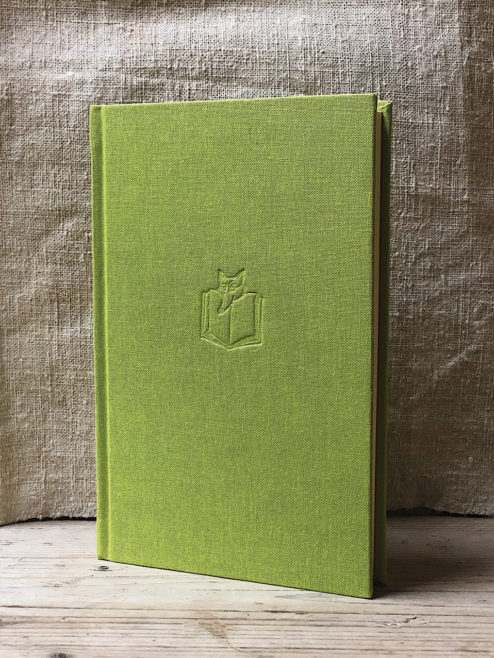
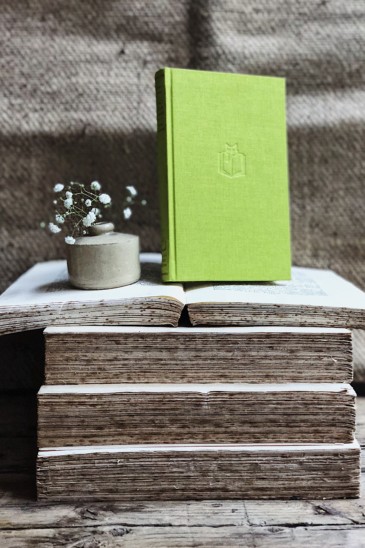
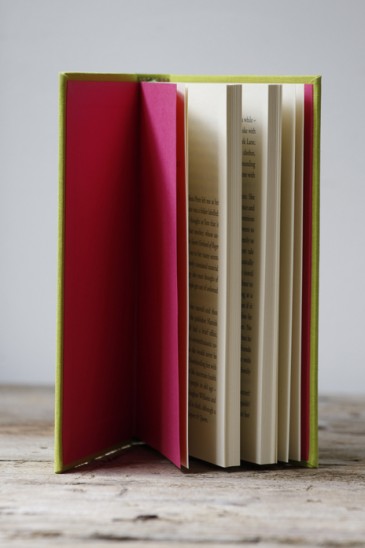
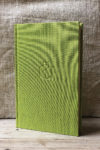


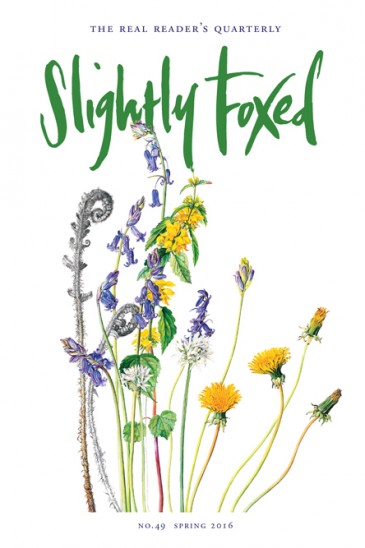
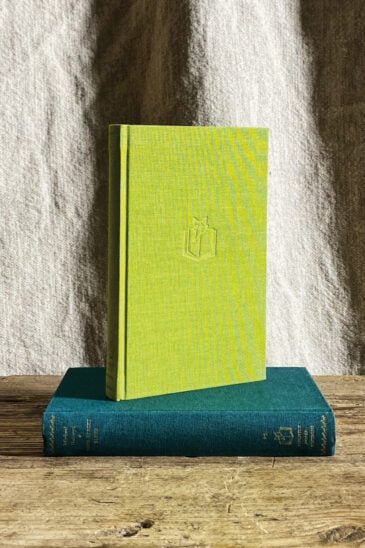
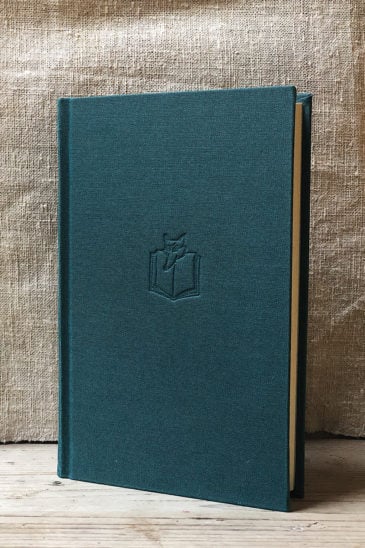
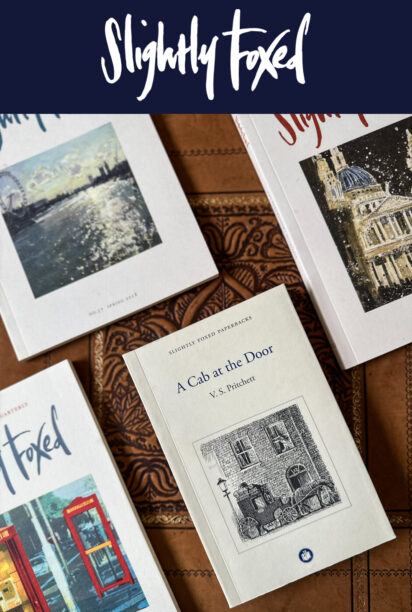
I am always unable to pass on the chance to read a Slightly Foxed Edition and, having re-loved 84, Charing Cross Road in the last issue of Shiny New Books, it was fun to go and read something about which I knew absolutely nothing. Who was Roger Ackerley? Who, for that matter, was Diana Petre? And what was this orchard? The answers weren’t what I was expecting, but this memoir is none the less brilliant for that.
The title made me think that it might be a charming portrayal of the countryside. Something like The Secret Garden, perhaps, but real life. Well… no. It turns out that the orchard is metaphorical, and that Petre went through some rather tough times.
Roger Ackerley might be better known to some of you as the father of J.R. Ackerley, and thus one of the men in the title of the latter’s famous autobiography My Father and Myself. Ackerley’s memoir was published in 1968; Petre’s tells the same story from a different perspective, and was published a few years later in 1975. And what was that story? Well, the opening line tells us:
“It was your Uncle who was your father,” she said.
Shortly after ‘Uncle’s’ death, Diana and her sisters – twins Sally and Elizabeth, called Stella and Helen in The Secret Orchard of Roger Ackerley as a half-hearted way to preserve their anonymity – learn that the man they knew as a family friend was, in fact, their mother’s lover and their natural father. The ‘orchard’? That metaphor is taken from Roger Ackerley’s will – the first time that his son found out about his half-sisters:
Now for the ‘secret orchard’ part of my story. For many years I had a mistress and she presented me with twin girls ten years ago and another girl eight years ago. The children are alive and are very sweet things and very dear to me.
It was a discovery that shaped much of the rest of their lives, and is the bedrock of this memoir – but there is much more to their lives than this.
Diana takes us back to the beginning. Muriel, their mother, abandoned the family shortly after Diana was born, when the twins were two years old. At first, this might have been to help with war work – she was in her element looking after wounded soldiers – but it was a full decade before she re-appeared in their lives, reclaiming her place from a series of mother-figures. This question of abandonment seems to have affected each of the girls in different ways – making them clingier, more independent, or more desperate.
Diana had many gaps in her knowledge of Muriel’s life – from Muriel’s name, parentage, and place of birth onwards. She could never establish who her grandparents were, despite much asking, or work out much of what happened to Muriel before she had children. The least successful sections of the memoir, to my mind, are where Diana tries to reconstruct Muriel’s life from her letters and other information. It’s never quite clear how much is fact and how much conjecture, and the authenticity of the story fades a little during this section.
Having said that, though, this is, as Peter Parker writes in his introduction, ‘an extraordinarily dispassionate book’. Indeed, it may be an effect of Muriel leaving Diana, and their subsequent very difficult relationship (she does not see her mother for many years before her death, though there is some sort of reconciliation later on) that makes Petre into the sort of narrator she is.
It is dispassionate as far as Petre is herself concerned, I mean. We get extremely vital portraits of Muriel, Stella, and Helen, all of whom are described with a searing honesty that could only be achieved by a close relative, but which most relatives would forbear from giving. Stella – always called a son by Muriel, indeed called ‘Sam’ – is shown as an unvanquishably determined girl and woman, while Helen is a weak, uncertain, and unhappy figure. This may be only be one angle on their lives, but they come alive from Petre’s descriptions – as does Muriel herself.
This must be one of the most complex portraits in all biographical writing – we see Muriel as the selfish, hurt, passionate, foolish, desperate woman she was. Petre has crafted an astonishing depiction. But Petre herself is barely there. She mentions two marriages in passing. We see very little of her life, and even her reactions seem underdeveloped and under-interrogated. Petre has flipped memoir on its head, where introspection is almost entirely absent, and the people around the narrator are much more vivid than the narrator herself.
This isn’t one of the Slightly Foxed Editions that will charm and comfort, but it is every bit as fascinating and good as their best publications. I have nothing but praise for this series, and The Secret Orchard of Roger Ackerley is a worthy addition.
Read original post
This is Diana Petre’s recollection of growing up with her sisters in South London as the illegitimate children of a wealthy business man. She tries to find out her mother’s past through her letters, broken conversations and silent observation.
The book begins with “It was Uncle who was your father,” she said. What a powerful sentence! It grabbed me right away. The ‘secret orchard’ is what Roger Ackerley mentions in his will as “Now for the ‘secret orchard’ part of my story. For many years I had a mistress and she presented me with twin girls ten years ago and another girl eight years ago. The children are alive and are very sweet things and very dear to me.” This is the story of the ‘other woman’ penned down by her youngest daughter. After reading Petre’s book, I want to read My Father and Myself ( an autobiography penned down by J.R. Ackerley, son of Roger Ackerley) about the other side of the coin.
Muriel Perry was a young girl working in a bar when she met Roger Ackerley, a man many years her senior who later became her protector and lover. Muriel was happy being the ‘other woman’ and Roger was every woman’s dream man. Though Petre later points out that Roger was not married when he first met Muriel, a fact he kept from her, we see no resentment on Muriel’s part (perhaps because she never knew that he could have married her).’
‘This memoir, although peppered with barmy anecdotes relating to Diana’s life, is centred around her bewitching mother, Miss Muriel Perry. Who was Muriel? Nobody knows. Muriel herself deemed certain things to be “common” and she is a classic example of someone who did not let the truth get in the way of a good story . . .
In many ways the memoir retains an air of sadness but it is not a misery memoir. The prose is witty and often quite light, and written in a conversational way. The foreword explains that Diana presented her memoir as a detective piece, with clues intertwined throughout the text, inviting the reader to help her discover Muriel. I enjoyed the anecdotes, often told out of sync. Many stories were hilarious, and bizarre. In the end I loved Muriel and sympathised with her. She reminded me of the Bolter in Nancy Mitford’s fabled novels, but in the end she came back. I think that says it all.’
Read the full review
A sad story, written by her daughter Diana, about Muriel, long-term mistress of businessman Roger Ackerley. Muriel is haunted by her own past, but whatever it is from her childhood that causes this remains concealed, despite Diana’s efforts to find out, and we never find out what Muriel’s origins are. Diana and her two sisters (who are twins) have a chaotic childhood, with a dysfunctional mother. Diana’s relationship with Muriel is strained or worse, but Diana is clearly fascinated by her. Muriel herself is transformed in wartime, finding fulfilment and achieving a degree of heroism.
I found this a fascinating portrayal of an unbalanced woman and her children’s relationship with her.